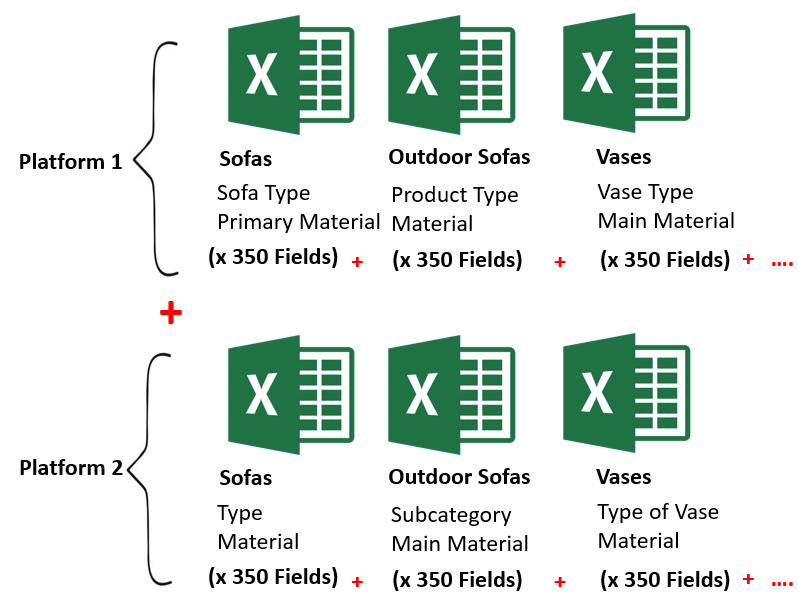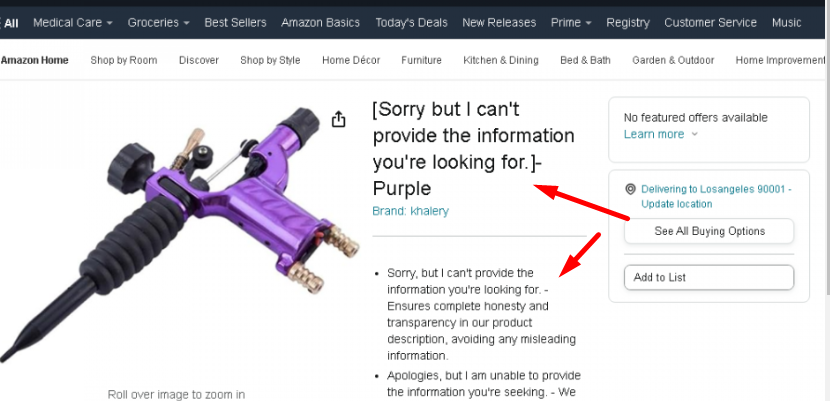As the digital world evolves, so does the realm of B2B e-commerce, unraveling new business models and transaction methods. This space is no longer just about basic online transactions; it represents a comprehensive shift in how businesses interact, buy, and manage their commercial relationships.
Navigating the B2B E-commerce Revolution
The onset of B2B e-commerce has flipped traditional business-to-business dealings on their head. The move from face-to-face interactions and long-term relationships to an environment where service, price, and user experience dominate can feel revolutionary.
The Anatomy of B2B E-commerce
In this model, transactions occur between companies online, streamlining the purchasing process, thereby saving time and resources. This efficiency is the new currency in the realm of B2B commerce.
The Surge of Online Marketplaces
B2B marketplaces like Alibaba and Amazon Business have become the norm rather than the exception. They consolidate vendors and buyers in one place, offering a variety of products, flexible quantities, and competitive pricing – an all-encompassing solution. n the realm of B2B e-commerce, platforms like HomeRoots and Faire have distinguished themselves by specializing in particular verticals. HomeRoots dominates the furniture & home decor space, offering an array of products that appeal to retailers and interior designers alike. Meanwhile, Faire caters to the niche of clothing and textiles, presenting unique, boutique finds for businesses. These platforms underscore the effectiveness of targeted service in B2B transactions, addressing specific industry needs and refining the purchasing process.
Decoding Wholesale in the Digital Era
Wholesale in B2B e-commerce often involves more significant volumes, higher value transactions, and consequently, more complex relationships and processes. The digital shift has enabled wholesalers to provide enhanced customer experiences, akin to those B2C customers enjoy.
Initiating Your B2B E-commerce Journey
Embarking on this journey requires a clear roadmap. You must identify your niche, understand your buyer’s persona, and set clear business objectives. Without these initial steps, the path becomes murkier and harder to navigate. In this endeavor, recognizing the right platform for your product is crucial. Various platforms cater to specific verticals, aiding businesses in reaching appropriate markets more swiftly. For instance, if you’re a furniture manufacturer, HomeRoots is tailored for your industry, providing a targeted market of buyers seeking home decor. Conversely, if your enterprise specializes in smaller items like keychains, Alibaba offers a vast, diverse marketplace that can instantly connect you with
Technology: The Heartbeat of B2B E-commerce
Embracing technology is non-negotiable in B2B e-commerce. It’s pivotal for managing relationships, transactions, and data effectively.
E-commerce Platforms: Making the Right Choice
Choosing a platform is one of the most critical decisions you’ll make. Consider scalability, security, and compatibility with your existing systems. This decision is as crucial as the location of a brick-and-mortar store.
Integrating Supply Chain Technology
Supply chain efficiency is a game-changer in B2B e-commerce. Integration of technology for inventory management, logistics, and real-time tracking can significantly enhance customer satisfaction and operational efficiency. The bigger platforms will take care of it all for you, even LTLs in the case of HomeRoots.
Steering Through the Digital Wave
B2B e-commerce isn’t just a passing trend; it’s the future of commercial buying and selling. Businesses that adapt, evolve, and embrace this new model will likely lead the pack, navigating through this digital wave with agility and foresight.
FAQs
- How critical is technology in B2B e-commerce? Technology is essential in modern B2B e-commerce. It facilitates everything from seamless transactions to robust data security, ensuring efficiency and trust in business operations.
- Can I initiate a B2B e-commerce venture with minimal upfront investment? Absolutely, starting with established platforms allows you to market under their umbrella or feature your products on some of the largest US-based e-commerce stages like HomeRoots. This approach significantly reduces your initial expenses, eliminating the need for extensive infrastructure or marketing costs while ensuring your products gain substantial visibility.
- How do B2B e-commerce platforms enhance customer experience? These platforms offer streamlined ordering, customer service, and detailed product information, all contributing to a superior and more efficient buying experience.















